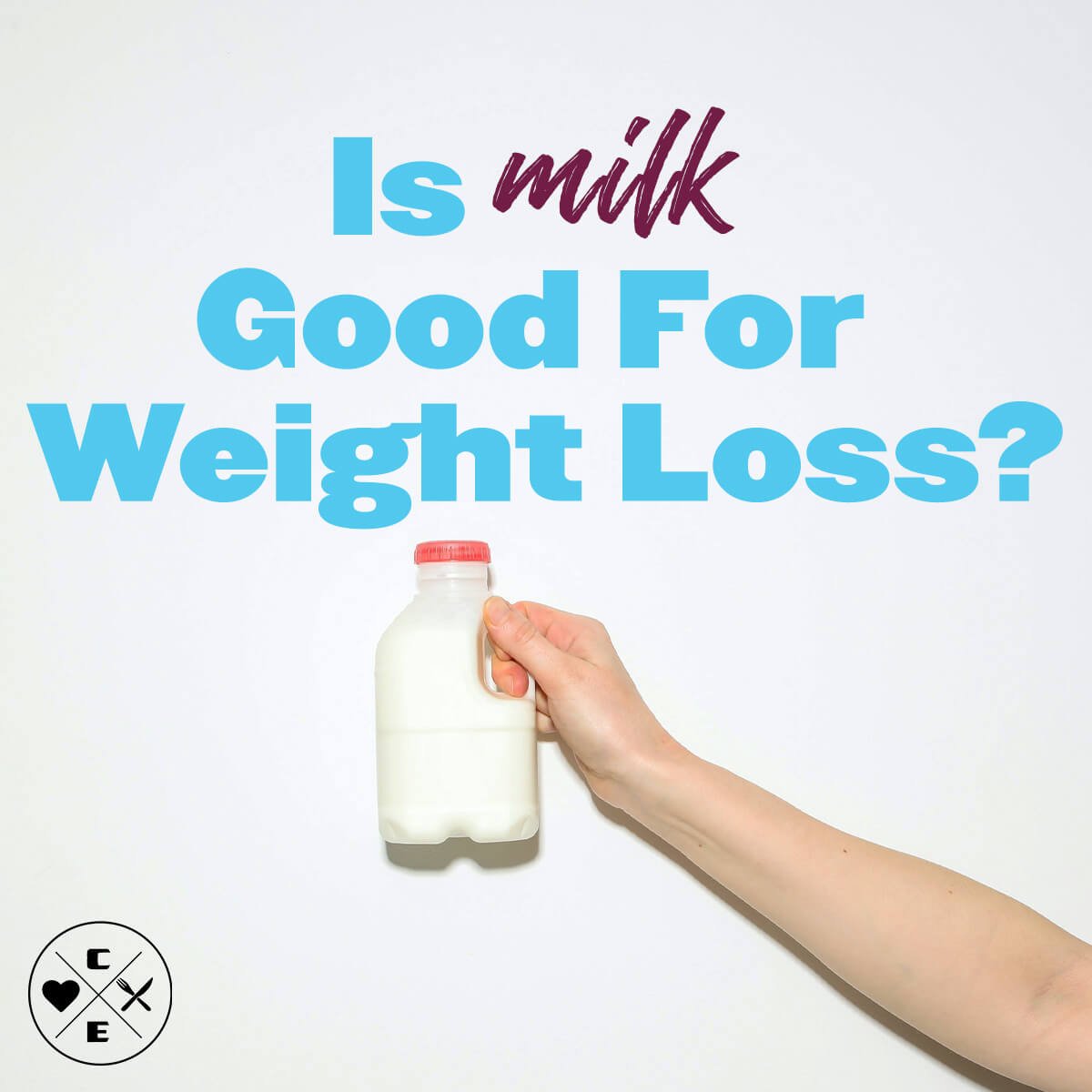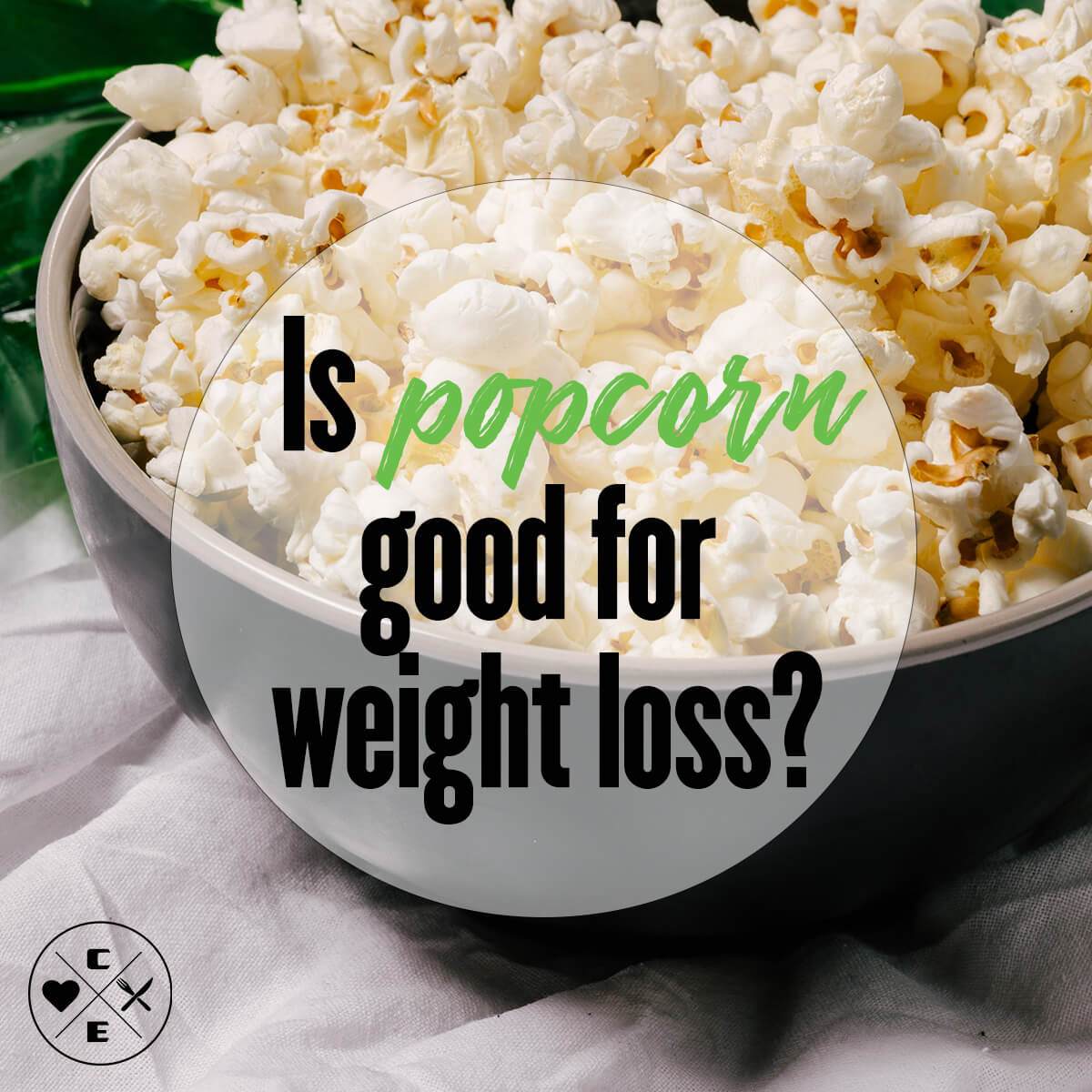
Is Milk Good For Weight Loss?
Jason Nista
Nutrition
|
Weight Loss
14 minute read
If you're trying to lose weight, you may have heard conflicting information about whether is milk good for weight loss. Some people may avoid milk because they believe it's high in calories, while others may consume it in moderation because they think it's a good source of nutrients. But what's the truth? The good news is that milk can be a valuable tool for weight loss if you approach it in the right way.
Why Is Milk Good For You?
There have been a lot of controversies and a lot of detractors of milk consumption have a wide variety of claims against milk and dairy products. Ranging from a very high-fat content, relation to heart disease, type 2 diabetes, Alzheimer’s disease, and an increased risk of breast, ovarian, and prostate cancers. Not to mention lactose intolerance and a bunch of gastric symptoms.
But there are a lot of things to take into consideration here. Is all milk bad? There are a lot of different products around the world that have some form of milk from many different animals: Goat milk, Buffalo milk mozzarella, yak butter, fermented horse milk, etc. Milk is basically a compound of proteins, sugars, minerals, vitamins and water, and fats and the proportions of all of these vary depending on the animal and on the way it was fed and raised, so to add a bit more to the complexity of this topic: not all kinds of milk are equal and not all milk products are the same.
And not to mention the differences between different products derived from milk, different types of yogurts, cheeses, low-fat milk, low lactose milk, whey protein, casein protein, etc. Add so much complexity to the subject that there are no definitive answers as to whether all types of dairy are harmful or beneficial to every single person.
However, there is no discussion of all the nutritious content of dairy that can be obtained from adding it to our healthy meal plans, provided that it doesn’t cause more harm than good depending on our individual digestion.
Milk for Weight Loss
In fact, milk contains several nutrients that can actually support your weight loss journey. For example, milk is an excellent source of protein, which can help keep you feeling full and satisfied for longer periods. Additionally, milk is rich in calcium, which has been linked to weight loss in several studies.
However, it's important to note that not all types of milk are created equal when it comes to weight loss. Some milk varieties are higher in fat and calories than others, so it's essential to choose the right type of milk that fits into your daily calorie budget.
Today, we'll delve into the benefits of milk for weight loss and provide tips on how to incorporate it into your diet in a healthy and sustainable way. Whether you prefer dairy milk or plant-based alternatives, we've got you covered. So, let's get started on your journey toward weight loss success!
The Benefits of Milk for Weight Loss
Milk is a beverage that has been consumed for centuries and is a staple in many people's diets. But is milk good for weight loss? The answer is yes! Milk contains several beneficial nutrients that can help with weight loss.
High Protein Content
Protein is an essential nutrient that plays a crucial role in weight loss. It helps to build and repair muscle tissue, which in turn, increases your metabolic rate and helps you burn more calories. Milk is an excellent source of protein, with an 8-ounce glass of milk containing around 8 grams of protein. This protein content is comparable to that of other high-protein foods like eggs and lean meats. You can increase your protein intake and promote weight loss by including milk in your diet.
Calcium Content
Calcium is another important nutrient that can aid in weight loss. Studies have found that people who consume calcium-rich diets tend to have lower body weights and less body fat. Milk is an excellent source of calcium, with an 8-ounce glass of milk containing around 300 milligrams of calcium. Consuming milk regularly can help increase your calcium intake and support your weight loss goals.
Satiety Factor
Feeling full and satisfied after a meal is crucial for weight loss success. Milk has been shown to have a high satiety factor, meaning it can help keep you feeling full for longer periods of time. Milk's protein and fat content can contribute to this feeling of fullness, which can help prevent overeating and snacking between meals.
Low Glycemic Index
Milk has a low glycemic index, meaning it has a minimal impact on blood sugar levels. Foods with a high glycemic index can cause blood sugar spikes, which can lead to increased hunger and cravings. By consuming milk, which has a low glycemic index, you can help stabilize your blood sugar levels and prevent these hunger and craving episodes.
Health Concerns
To add one more layer to this whole puzzle of whether is milk good for you, the individual characteristics of every person’s digestive system and gut biome make it completely safe for some and really hard to digest for others. However, for people who don’t have a specific intolerance to dairy research shows that most of these claims might not be as scary or true as we might believe:
Cardiovascular disease: Recent research fails to find a significant and clear association between regular consumption of dairy and cardiovascular disease or stroke
Hormones in milk: yes there are some hormones in milk, after all, it comes from an animal that was pregnant, that we ingest when consuming dairy products, however studies made in rats with much higher doses show no increase and showed no increment in estrogen in the blood. This is because the liver does great work at breaking down these hormones. Some further study in humans is needed, however.
Cancer: research in humans has not found enough evidence of an association between estrogens in milk and cancer incidence or recurrence.
Gut and digestive issues: some people simply have issues digesting and processing dairy. In this population, symptoms can vary from mild digestive issues to compromise of the immune system, inflammation, skin rashes, etc. So observation and caution are always good to determine how dairy, or any other food or supplement, affects your individual organism and make adjustments accordingly.
It is important to note that most of the research done, either in favor or against dairy consumption, is observational and not under controlled double-blinded conditions so they should always be taken with a grain of salt and are not definitive for all people.
The Different Types of Milk
Milk comes in many different varieties, each with its own nutritional profile. Choosing the best type of milk for weight loss can make a significant difference when it comes to weight loss.
Skim Milk
Skim milk is popular for weight loss because it contains very little fat. Skim milk is made by removing all of the creams from whole milk, resulting in a milk product that has only 0.5% or less fat. This makes it a low-calorie option that still provides all the benefits of milk, including high protein and calcium content. Skim milk is a great choice for people who are watching their calorie intake and want to maintain a healthy weight.
Low-fat Milk
Low-fat milk is another option for weight loss. It contains slightly more fat than skim milk, with around 1-2% fat content. This small amount of fat can help improve the milk's taste and texture, making it a more satisfying option. Low-fat milk is still a good source of protein and calcium, making it an excellent choice for people who are looking for a slightly creamier milk option without consuming too many calories.
Non-fat Milk
Non-fat milk is similar to skim milk in that it contains virtually no fat. It is made by removing all the fat from whole milk, resulting in a milk product that has 0% fat. Non-fat milk is an excellent option for weight loss because it is low in calories while still providing essential nutrients like protein and calcium.
Plant-based Milk
For those who prefer a non-dairy option, several plant-based milk options are available. These include almond milk, soy milk, and oat milk. Plant-based milk is often lower in calories and fat than dairy milk, making it a great option for weight loss. However, it's important to note that plant-based milk may not contain as much protein or calcium as dairy milk. Be sure to check the nutrition label to ensure you're getting enough of these essential nutrients.
How to Incorporate Milk Into Your Weight Loss Diet
Milk is a versatile and nutrient-dense beverage that can be easily incorporated into your weight loss meal plan. From using it as a meal replacement to adding it to your post-workout drink, there are many ways to enjoy milk while supporting your weight loss goals. After answering the question "Is milk good for weight loss", in this section, we'll explore different ways to incorporate milk into your weight loss diet, including using it as a meal replacement, a post-workout drink, in smoothies, and in recipes.
Use It As a Meal Replacement
Using milk as a meal replacement is an easy way to reduce your calorie intake and support your weight loss goals. Milk contains high-quality protein, which can help keep you full and satisfied for longer periods. You can replace a meal with a glass of milk or even use milk as a base for a smoothie or protein shake. Be sure to choose a low-fat or non-fat option to keep your calorie intake in check.
Use It As a Post-workout Drink
Drinking milk after a workout can help promote muscle recovery and growth. Milk contains both protein and carbohydrates, which are essential for replenishing energy stores and repairing muscle tissue after a workout. Try drinking a glass of low-fat or non-fat milk after your workout to help support your weight loss goals.
Enjoy It In Smoothies
Smoothies are a delicious and convenient way to incorporate milk into your weight loss diet. You can combine milk with fruits, vegetables, and protein powder to create a healthy and satisfying meal replacement or snack. Be sure to choose low-calorie ingredients and avoid adding sugar or sweeteners to keep your smoothie healthy and weight-loss friendly.
Try It In Recipes
Milk can also be used in a variety of recipes to add creaminess and flavor without adding too many calories. You can use milk in soups, sauces, and baked goods to create healthy and satisfying meals. Be sure to choose low-fat or non-fat milk options and avoid adding too much sugar or fat to your recipes.
Milk Myths Debunked
Over the centuries, many people have formed opinions about milk and its impact on our health and weight. However, several myths and misconceptions surrounding milk can often lead to confusion and misinformation. Next, we'll debunk some common myths about milk, including its impact on weight gain, whether it's only for kids, and whether plant-based milk is always healthier.
Milk Causes Weight Gain
Many ask themselves one specific question "How many calories should I burn a day?" and start limiting certain foods from their diet that don't even cause weight gain. One of the most common myths about milk is that it causes weight gain. However, this is not entirely true. While milk does contain calories, it can also aid in weight loss by providing essential nutrients like protein and calcium. Studies have found that people who consume milk regularly as part of a balanced diet tend to have a lower body mass index (BMI) and less body fat than those who don't. It's important to choose low-fat or non-fat milk options and avoid consuming too much, but milk itself does not inherently cause weight gain.
Milk Is Only for Kids
Another common myth about milk is that it's only meant for kids. However, this is not true either. Milk is an essential source of nutrients for people of all ages, including adults. It provides essential vitamins and minerals like calcium, vitamin D, and protein that are important for bone health, muscle growth, and overall health. So, whether you're a kid or an adult, there's no reason why you can't enjoy a glass of milk as part of a healthy diet.
Plant-based Milk Is Always Healthier
Plant-based milk has become increasingly popular in recent years, with many people opting for options like almond, soy, or oat milk. While these plant-based options can be a good alternative for those who are lactose intolerant or vegan, they are not always healthier than dairy milk. Plant-based milk options can vary in their nutritional content and may not provide as much protein or calcium as dairy milk. Additionally, some plant-based milk options can contain added sugars, which can contribute to weight gain. It's important to check the nutrition label and choose plant-based milk that is low in calories and added sugars and high in essential nutrients.
Final Thoughts
In conclusion, is milk good for weight loss? Milk can be a beneficial addition to a weight loss journey. Its high protein and calcium content can support feelings of fullness and aid in weight management. Choosing low-fat or non-fat milk options, along with incorporating them into meals, post-workout drinks, smoothies, and recipes, can help maximize its benefits. Disregard myths surrounding milk causing weight gain or being exclusive to children. Embrace milk as a nutritious and versatile option for weight loss and overall health.
FAQ
What is the best milk for weight loss?
The best milk for weight loss is generally low-fat or non-fat milk, as they are lower in calories and fat than whole milk. Skim, low-fat, and non-fat milk are good options for weight loss as they contain high-quality protein and calcium, which can help you feel full and support weight loss.
Can you lose weight on the milk diet? (briefly explain what the milk diet is)
The milk diet is a short-term diet plan that involves consuming mainly milk for a certain period of time, typically 24-48 hours. Proponents of the milk diet claim that it can help with weight loss, detoxification, and other health benefits. However, this diet is not sustainable or balanced in the long term and can lead to nutrient deficiencies. While you may lose weight on the milk diet due to the low-calorie intake, it is not a healthy or recommended method for weight loss.
Is oat milk good for weight loss?
Oat milk can be a good option for weight loss as it is typically lower in calories and fat than dairy milk. Oat milk also contains fiber, which can help you feel full and support weight loss. However, choosing unsweetened oat milk options is important to avoid added sugars, which can contribute to weight gain.
Is soy milk good for weight loss?
Soy milk can be a good option for weight loss as it is typically lower in calories and fat than dairy milk. Soy milk also contains protein, which can help you feel full and support weight loss. However, choosing unsweetened soy milk options is essential to avoid added sugars, which can contribute to weight gain.
Is milk good for losing belly fat?
Milk can be an excellent addition to a healthy and balanced diet for weight loss, but it cannot specifically target belly fat. To lose belly fat, it's essential to focus on overall weight loss through a combination of a healthy diet and regular exercise. Milk can provide essential nutrients like protein and calcium to support weight loss but cannot selectively reduce belly fat.
Related Articles
Is The Elliptical Good For Weight Loss?
10 minute read
5 Delicious & Low-Fat Smoothie Recipes For Weight Loss
14 minute read
Is Popcorn Good For Weight Loss?
12 minute read



